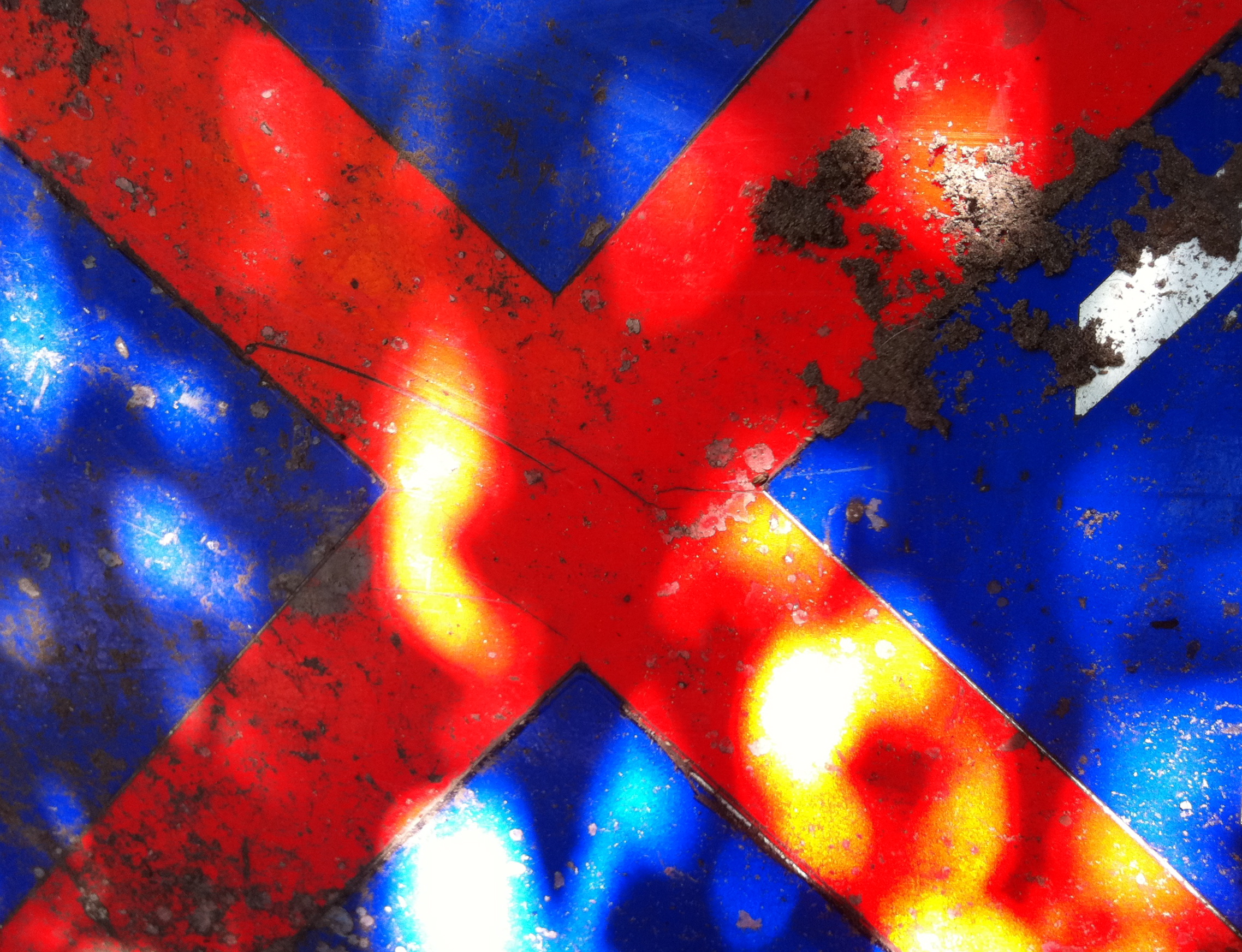Action or Apathy
Why fundamental changes almost always take a lot of time or in the end don’t happen at all? Even a revolution usually starts quietly, with simple observations and controversial ideas. The technologies and institutions are there. It’s just a matter of vigor to make change really happen and not just on paper. A process of change however wears the seeds of disorder. And most people – even politicians – like order. If it isn’t absolutely necessary they don’t want any change at all. Change is scary, and seems nasty too. But then suddenly there is a dramatic moment, a breakthrough or tipping point, when everything can change all at once. Is it urgency that turns the tables, or is it chance? Everybody has a built-in sense of urgency, but it is not clear when, where and how resistance to change fades away and willingness to change comes in.
by Frank van Empel
In theory we distinguish five states of alarm (alarm phases):
Phase 1: pressure groups and scientists notice some alarming patterns in statistics, research data, or in the way things go. And, according to them, it is the national government, the State that has to act, because governments have the power to make laws and rules.
Phase 2: a minority of governments, companies and institutions at the macro level (20%, according to the 80/20 Principle) realizes that some action is needed, but none of these organizations actually moves. They only participate when the mainstream participates (prisoners dilemma). The result: many good intentions and ambitious plans, perfect analyzes, beautiful presentations, but no substantial results.
Phase 3: an avant garde (20%) of alert people in governments, companies and institutions start to act, working together with buddies outside who have the same state of mind and sense of urgency. Individuals are waiting at the bus stop for a bus that will not show up.
Phase 4: some individuals at the bus stop feel they have been waiting too long and start to insulate their houses, take the train and dump their car, read digital papers, organize get-togethers and in general engage themselves with the environment, on social matters. They tend to team up with local business and local politicians, but notwithstanding their efforts, it is too little too late.
Phase 5: Hurricane Jane hits Silly Willy and his friends, still standing at the bus stop. Panic in No Action Land, everybody tries to find a shelter and sheds tears for fears. There is a cry for strong leadership and some people present themselves as such. It doesn’t matter. We all have failed. Now it is the turn of Nature to correct Mankind.
Somewhere in this whole process a magic moment can be reached when ideas, human behavior, technology, institutions and decision making cross a threshold, tip and spread like wildfire. It can be the energy, the enthusiasm, the charm, or likability of one person that makes the difference, but it is also possible that resistance to change is too strong and things go from bad to worse. In dire need salvation is near, they say. Most people and most organizations will cut the crab in phase 5, red alert.
In order to prevent Macbeth-like developments of foreseen events unraveling into what nobody wants to happen, this is a plea for the introduction of the so-called ‘Only Winners Principle’. The essence of this principle is that the prisoners dilemma will be broken by straight, honest and open information and communication, strong leadership, self-steering teams, engaged individuals and a good timing: the sooner the better. To find solutions for issues and problems, together with all other stakeholders, without harming the environment and the social fabric. The expedition to this higher ground is called ‘Ecolution’. This is an organic growing natural development in the direction of a society with only winners. Natural corresponds with Nature. Not a nature of trees and plants, but in the existential sense of ‘all there is’, including the limitless Universe. A Nature so complex and complicated that we simply cannot get it. Our brains run short of capacity when trying.



